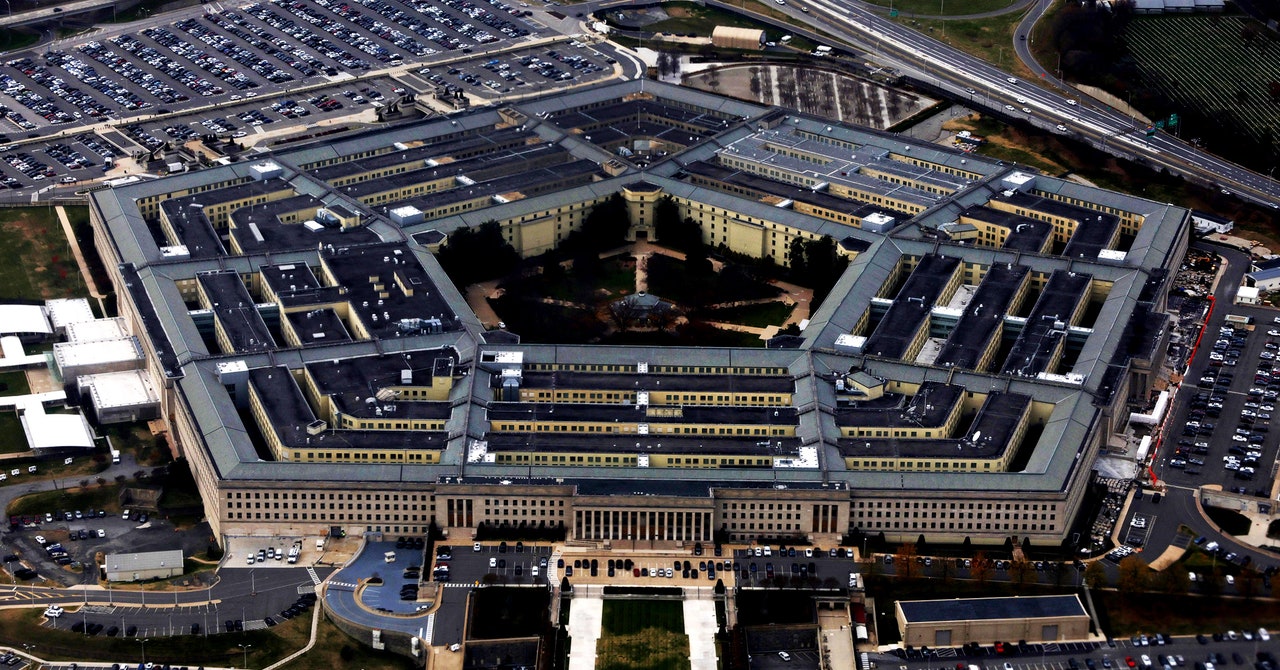US President Joe Biden and Chinese President Xi Jinping are expected to address a range of global issues during their upcoming meeting in the San Francisco Bay Area. Among the topics of discussion will be the Israel-Has conflict and Russia’s invasion of Ukraine. Additionally, US officials aim to engage China in talks during the APEC summit regarding the regulation of artificial intelligence (AI) in defense applications to mitigate potential risks associated with its rapid deployment and misuse.
An anonymous senior State Department official highlighted the shared interest in minimizing risks stemming from uncertain AI software implementation and expressed the hope for further dialogue with China on this matter. The upcoming bilateral meeting between Biden and Xi is seen as an opportunity to advance discussions on defense-related issues, including arms control and non-proliferation efforts.
The US has taken a leading role in promoting a global agreement on military AI governance. Vice President Kamala Harris announced a charter on defense AI endorsed by 30 countries, emphasizing adherence to international humanitarian law and promoting stability, transparency, and non-discrimination in AI development. This initiative, now supported by 45 nations, is set to be enacted at the United Nations following US-led advocacy efforts.
Acting Under Secretary of Defense Sasha Baker underscored the charter’s significance in advancing global norms for responsible military AI use and fostering international cooperation to establish best practices. The US, along with China and the European Union, has initiated efforts to shape AI regulations, with recent discussions in the UK highlighting concerns about AI-related risks and the need for collective action to address them.
Despite the potential benefits of AI in military applications, particularly in gaining strategic advantages, policymakers acknowledge the accompanying risks, such as heightened tensions between nations and the potential for system malfunctions leading to conflicts. Discussions on banning devastating autonomous weapons have faced obstacles, but recent developments suggest progress in establishing restrictions on such technologies.
The relationship between the US and China has been strained by disagreements over military AI capabilities, with the US imposing restrictions on China’s access to advanced technologies to curb its military advancements. The ongoing dialogue between the two nations is crucial in establishing common ground on AI application and ensuring responsible use to prevent unintended escalations in conflicts.
Efforts to enhance communication between US and Chinese military forces have been complicated by geopolitical tensions, as seen in Beijing’s suspension of military talks following diplomatic visits to Taiwan. Recent incidents in the South China Sea have underscored the importance of constructive engagement between the two powers to avoid misunderstandings and prevent potential conflicts in the region.
In conclusion, the upcoming meeting between President Biden and President Xi presents an opportunity to address critical global challenges, including AI regulation in defense, and foster dialogue to promote international security and stability.






